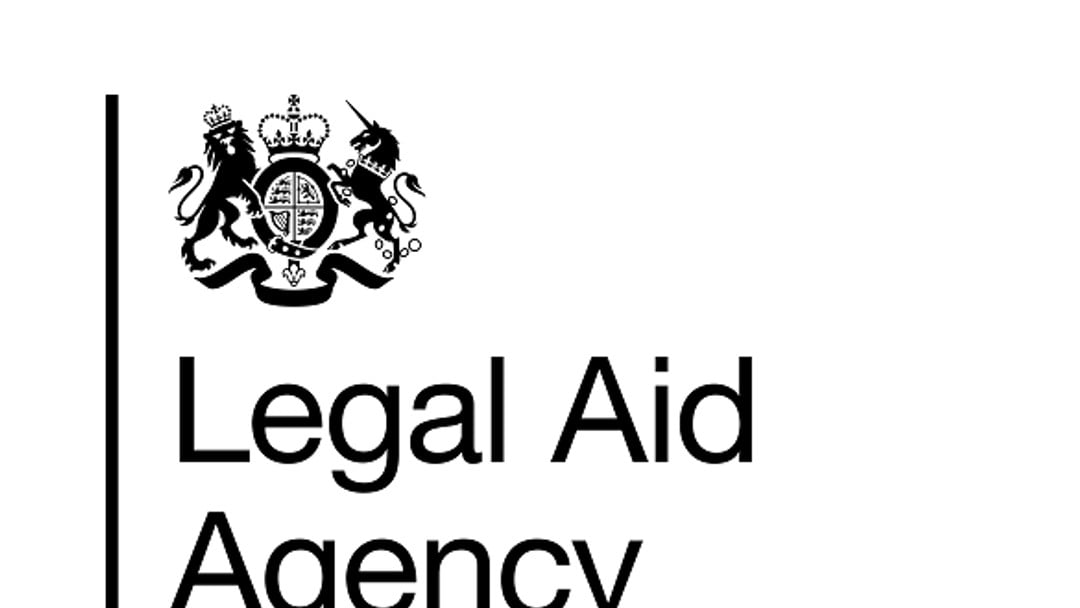Crisis in Criminal Legal Aid grows

By Law News
More than 115 law firms urge urgent reform in criminal legal aid to avoid collapse and ensure justice
The crisis in criminal legal aid has reached alarming levels, prompting an unprecedented response from over 115 law firms in England and Wales. These firms, including some of the nation's largest, have collectively signed a letter to the Lord Chancellor, Richard Atkinson, President of the Law Society of England and Wales, highlighting the urgent need for reform in the sector. This joint effort signals a severe deterioration in the viability of criminal defense work, which is critical for ensuring access to justice in the country.
The Declining State of Criminal Legal Aid
Atkinson stated, “They are plainly right to do so because the criminal defense profession is evidently on the verge of collapse.” The statistics paint a stark picture: the number of criminal legal aid firms has plummeted by a third since 2017, while the number of duty solicitors has fallen by 26%. This decline raises serious concerns about the future of legal representation for defendants who rely on public funding for their defense.
The significant drop in firms willing or able to undertake legal aid work raises a fundamental question: how can firms make informed business decisions regarding contracts that last a decade when the future of funding remains uncertain? Without a clear commitment from the government regarding the potential for increased legal aid rates, firms are left in a precarious position. They are being asked to bid for contracts before knowing the government’s response to critical issues, including the judicial review that ruled in favor of raising legal aid rates.
Judicial Review and Government Response
The judicial review, which took place on January 31, 2024, ruled that the Ministry of Justice’s failure to raise criminal defense solicitors’ legal aid rates by 15% was unacceptable. Sir Christopher Bellamy’s independent review of criminal legal aid (CLAIR) recommended this increase as a bare minimum to maintain the viability of the system. The High Court emphasised that the current legal aid system relies too heavily on the goodwill of those working within it, indicating that without immediate funding, the system could collapse.
Despite this ruling, the government has yet to respond constructively. Solicitors await clarity on how the Ministry of Justice intends to address the High Court’s judgment, fulfill previous commitments of additional funding for police station and youth court fees, and respond to recommendations from the Criminal Legal Aid Advisory Board. The lack of action has left many within the profession frustrated and concerned about the future of their practice.
The Financial Viability of Criminal Defense Work
The financial sustainability of criminal legal aid defense work is increasingly in jeopardy. The Law Society has underscored that without a significant increase in rates, many firms will find it financially unfeasible to continue offering legally aided services. This situation is further compounded by the demographic challenges facing the profession. The declining number of duty solicitors and the age profile of existing practitioners indicate a looming crisis; there are too few young lawyers entering the field to replace those retiring or leaving the profession.
This trend threatens the criminal justice system's efficacy and integrity. With fewer solicitors available, victims and defendants will face longer delays in the legal process, increasing the risk of miscarriages of justice. The public’s confidence in the justice system may also be jeopardised, leading to broader societal implications if individuals feel that they cannot rely on fair and timely legal representation.
A Call for Action
The urgency of the situation has led the firms to call for immediate action from the government. They insist that the Ministry of Justice must restore legal aid rates to a sustainable level to secure the future of the profession and, by extension, the integrity of the criminal justice system. The letter sent to the Justice Secretary is a stark reminder of the reality facing the profession. While firms are expected to submit tenders for the new contracts, many may find it increasingly difficult to commit long-term without a firm assurance of viable compensation for their services.
In conclusion, the joint letter to the Lord Chancellor is a critical plea for reform in the criminal legal aid system. It underscores the collective concern of legal practitioners regarding the future of legal representation for vulnerable individuals in the justice system. If immediate steps are not taken, the repercussions could extend far beyond the legal community, affecting the very foundation of justice in society. The government’s next actions will be pivotal in determining whether the criminal defense profession can recover from this crisis and continue to serve the public effectively.

